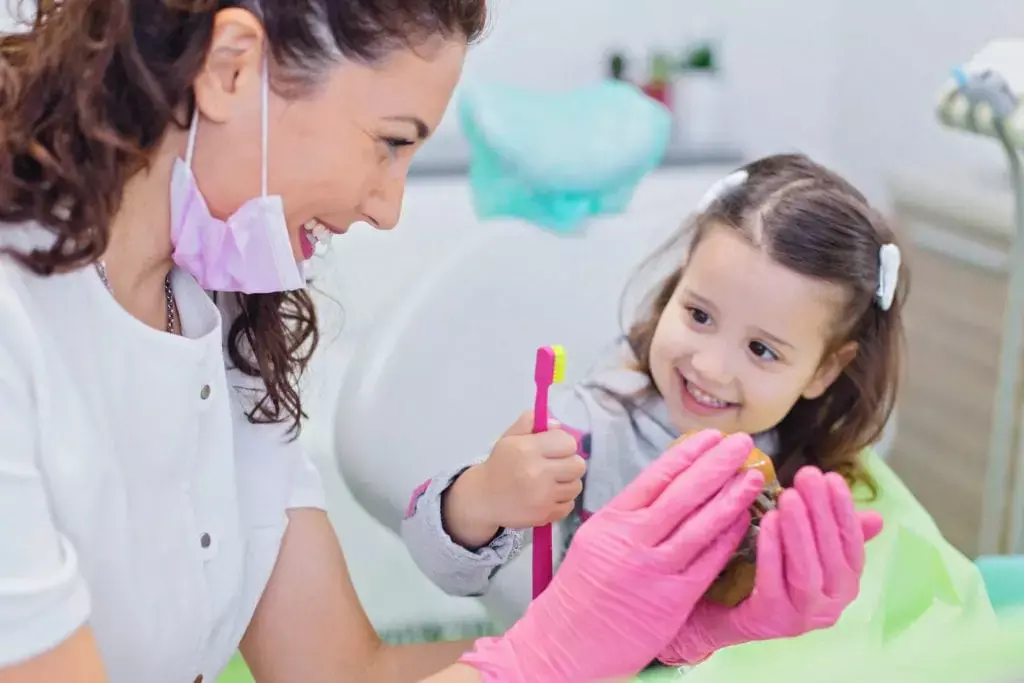- Home
- Medical news & Guidelines
- Anesthesiology
- Cardiology and CTVS
- Critical Care
- Dentistry
- Dermatology
- Diabetes and Endocrinology
- ENT
- Gastroenterology
- Medicine
- Nephrology
- Neurology
- Obstretics-Gynaecology
- Oncology
- Ophthalmology
- Orthopaedics
- Pediatrics-Neonatology
- Psychiatry
- Pulmonology
- Radiology
- Surgery
- Urology
- Laboratory Medicine
- Diet
- Nursing
- Paramedical
- Physiotherapy
- Health news
- Fact Check
- Bone Health Fact Check
- Brain Health Fact Check
- Cancer Related Fact Check
- Child Care Fact Check
- Dental and oral health fact check
- Diabetes and metabolic health fact check
- Diet and Nutrition Fact Check
- Eye and ENT Care Fact Check
- Fitness fact check
- Gut health fact check
- Heart health fact check
- Kidney health fact check
- Medical education fact check
- Men's health fact check
- Respiratory fact check
- Skin and hair care fact check
- Vaccine and Immunization fact check
- Women's health fact check
- AYUSH
- State News
- Andaman and Nicobar Islands
- Andhra Pradesh
- Arunachal Pradesh
- Assam
- Bihar
- Chandigarh
- Chattisgarh
- Dadra and Nagar Haveli
- Daman and Diu
- Delhi
- Goa
- Gujarat
- Haryana
- Himachal Pradesh
- Jammu & Kashmir
- Jharkhand
- Karnataka
- Kerala
- Ladakh
- Lakshadweep
- Madhya Pradesh
- Maharashtra
- Manipur
- Meghalaya
- Mizoram
- Nagaland
- Odisha
- Puducherry
- Punjab
- Rajasthan
- Sikkim
- Tamil Nadu
- Telangana
- Tripura
- Uttar Pradesh
- Uttrakhand
- West Bengal
- Medical Education
- Industry
Use of polysaccharides as carriers for drug delivery shows promise in pediatric dentistry: Study

The use of polysaccharides as carriers for drug delivery is promising and advantageous in pedodontics, suggests a study published in the Polymers.
The intensive development of micro and nanotechnologies in recent years has offered a wide horizon of new possibilities for drug delivery in dentistry.
This review is focused on micro-and nanoscale polysaccharide biomaterials as dental drug carriers, with an emphasis on their potential application in pediatric dentistry.
The review article is based on the literature found in the databases of PubMed, Web of Science and Science Direct. The performed survey was within the year interval 2000–2020, and 158 references were selected for the review. The choice of publications was made based on the relevance of the publications to the topic, the research methodology, the research results, and the year of publication. The cited publications include systematic reviews, research articles, book chapters and meta-analysis.
The results of the study are as follows:
· The use of polymeric drug carriers turned out to be a very successful technique for formulating micro-and nanoparticles with controlled or targeted drug release in the oral cavity.
· Such innovative strategies have the potential to provide an improved therapeutic approach to the prevention and treatment of various oral diseases not only for adults but also in the pediatric dental practice.
· Due to their biocompatibility, bio-tolerance and biodegradability, naturally occurring polysaccharides like chitosan, alginate, pectin, dextran, starch, etc., are among the most preferred materials for the preparation of micro-and nano-devices for drug delivery, offering simple particle-forming characteristics and easily tunable properties of the formulated structures.
Thus, the researchers concluded that the use of polysaccharides as carriers for drug delivery is promising and advantages, such as being non-toxic, biocompatible, and biodegradable, makes such systems favourable for dental therapy and further improvement of clinical routine, especially in the pediatric practice. Polysaccharide-based micro-and nano-drug delivery systems are relatively new therapeutics in dentistry, which will continue undergoing rapid development in the future, taking their perspective place in personalized oral treatment.
Reference:
Polysaccharide-Based Micro- and Nanosized Drug Delivery Systems for Potential Application in the Pediatric Dentistry by Katsarov P et. al published in the Polymers.
Dr. Shravani Dali has completed her BDS from Pravara institute of medical sciences, loni. Following which she extensively worked in the healthcare sector for 2+ years. She has been actively involved in writing blogs in field of health and wellness. Currently she is pursuing her Masters of public health-health administration from Tata institute of social sciences. She can be contacted at editorial@medicaldialogues.in.
Dr Kamal Kant Kohli-MBBS, DTCD- a chest specialist with more than 30 years of practice and a flair for writing clinical articles, Dr Kamal Kant Kohli joined Medical Dialogues as a Chief Editor of Medical News. Besides writing articles, as an editor, he proofreads and verifies all the medical content published on Medical Dialogues including those coming from journals, studies,medical conferences,guidelines etc. Email: drkohli@medicaldialogues.in. Contact no. 011-43720751


